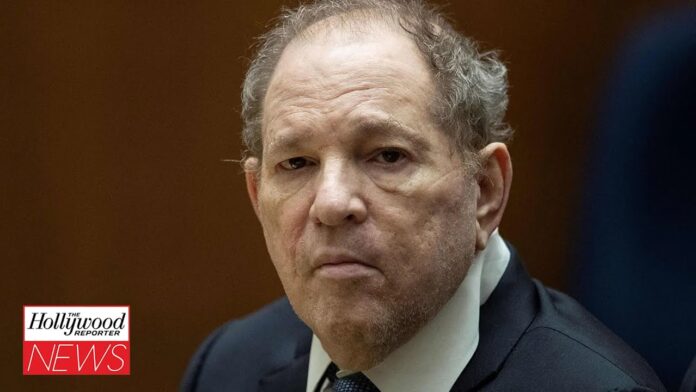Weinstein’s overturned rape conviction has provoked outrage among survivors and advocates, prompting calls for a new trial to address justice for the victims
The recent decision by the New York Court of Appeals to overturn Harvey Weinstein’s 2020 rape and assault conviction has sparked a strong reaction from accusers and advocates alike. This decision has especially resonated with the more than 100 women who have accused Weinstein of various acts of sexual misconduct.
Weinstein, a former Hollywood mogul, had his earlier convictions for first-degree criminal sexual act and third-degree rape nullified on grounds that the trial court improperly allowed testimony from witnesses about alleged prior bad acts. The appellate court’s ruling mandates a new trial, challenging the prior guilty verdict that had been a significant win for the #MeToo movement.
Actress and activist Ashley Judd, one of Weinstein’s initial accusers, expressed profound disappointment at a United Nations event, criticizing the decision as an “institutional betrayal” against survivors of sexual violence. “Our institutions betray survivors of male sexual violence,” Judd declared, reflecting the sentiment of many who feel let down by the judicial system.
Echoing Judd’s sentiments, Jennifer Siebel Newsom, filmmaker and wife of California Governor Gavin Newsom, labeled the day of the decision as a tragic setback for victims. Newsom, who also accused Weinstein of rape and testified in his Los Angeles trial, highlighted the symbolic importance of the New York case, despite Weinstein’s conviction in Los Angeles, which resulted in a 16-year prison sentence. “Harvey Weinstein is a serial predator and rapist,” Newsom asserted, emphasizing the impact of the accusers’ testimonies on ensuring Weinstein’s imprisonment.
The decision has reignited discussions about the challenges in prosecuting sexual assault cases, particularly regarding the admissibility of evidence of prior misconduct. Advocacy groups and individual accusers argue that such evidence is crucial to demonstrate a pattern of behaviour, which is often a key aspect of sexual assault allegations that involve power dynamics and fear-induced silence from victims.
The Silence Breakers, a group of Weinstein accusers, described the ruling as “disheartening” and “profoundly unjust.” They emphasized that, despite the setback, the truth of their experiences and the broader implications of their accusations remain unchanged.
Legal experts and advocates are now focusing on the upcoming retrial in New York, determined to correct what they see as a miscarriage of justice. Manhattan District Attorney Alvin Bragg has affirmed his office’s commitment to retrying the case, stating, “We will do everything in our power to retry this case, and remain steadfast in our commitment to survivors of sexual assault.”
As the legal proceedings continue, the case remains a pivotal moment for the #MeToo movement and the ongoing fight for accountability in cases of sexual misconduct. Weinstein’s accusers and their supporters are calling for systemic reforms to ensure that survivors are heard and that justice is served in a manner that reflects the severity of the accusations.
